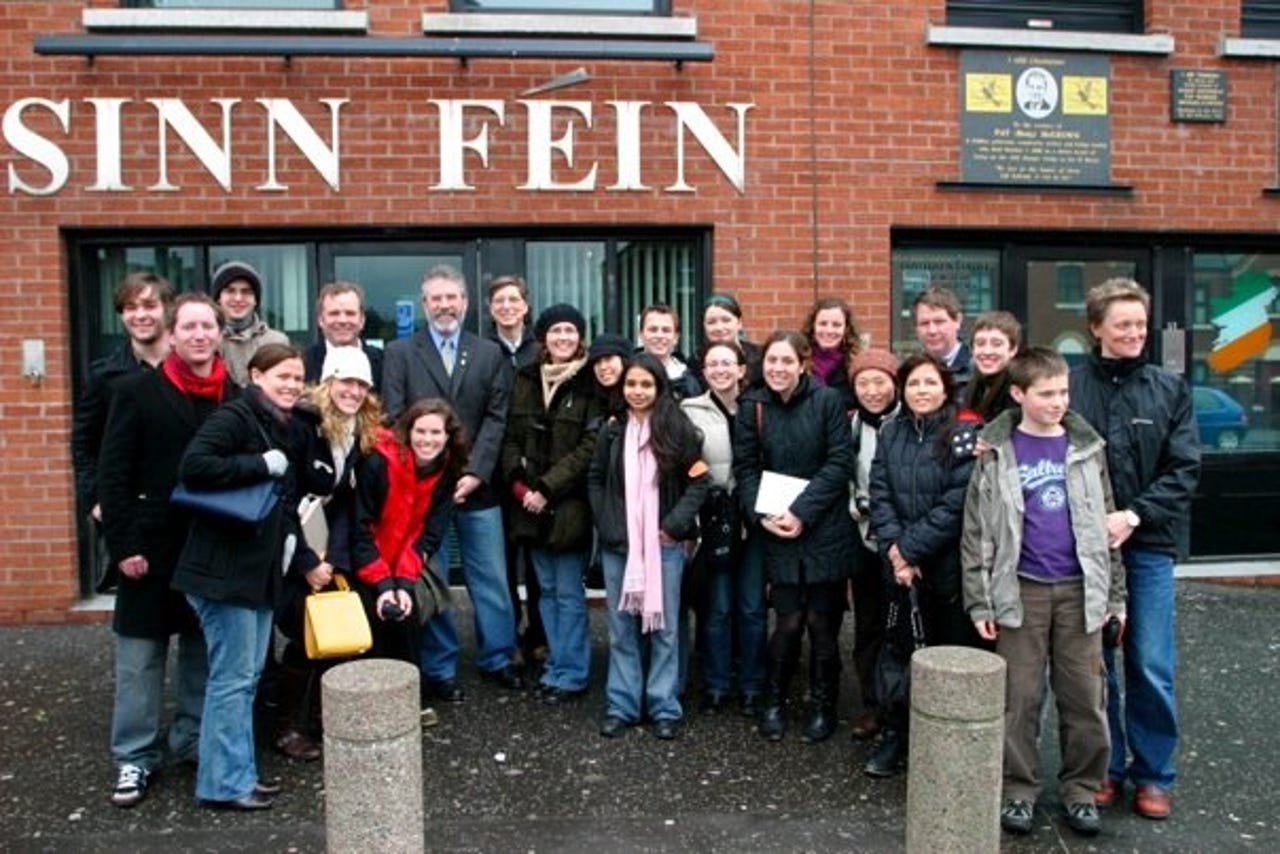'Scrub your social media profiles.' Enough, already!

"In Event Of Scandal, Protect Your Facebook Page," a Forbes post declares this morning.
Writer Kashmir Hill's sage advice? If a scandal tears through the press, the press will tear through your public Facebook photos in search of a way to illustrate said scandal -- and, in the process, probably tear you (and your employer) a new one.
It's unfortunate, but it's true. But I'm getting really tired of all the blocking and tackling around social media.
Don't get me wrong: if you're a member of the U.S. Secret Service, and you're photographed in a situation that may look more appropriate as an outtake of The Hangover, well, you should have known better. If a Secret Service agent doesn't expect to be under scrutiny at all times, he ought to find a new line of work.
But when your average federal worker, who did not ask to be shoved into the limelight, gets ambushed by a website with nothing to lose after controversy flares up at the leadership level, well, that ain't right. There's nothing wrong with a married couple, sent to Micronesia on taxpayer dollars, sitting by the pool after work hours are long over. Tropical climate aside, it's unreasonable to expect people to work every minute of their 17-day business trip. In fact, science has proven that it's unhealthy and a significant detriment to productivity.
Look, I don't expect the press to play by the rules when a scandal breaks, and you shouldn't, either. But what I'm surprised at, in this age of social media, is how quickly employers or institutions capitulate to the criticism. Instead of backing fully appropriate behavior, the photos are pulled, the profiles are shuttered and the Internet is forced (never completely, though!) to forget.
This is not a sustainable solution as more and more non-sensitive personal data makes its way online.
This poses a serious problem for privacy laws, because the legal definition of "public figure" becomes blurred as everyone gains control over their own digital broadcasting equipment -- a.k.a. the Internet.
But that's not what I want to focus on here. What really disturbs me, aside from the unceasing stupidity of those in the public eye who know they're doing wrong, and yet document it anyway -- Congressman Anthony Weiner, I'm looking at you -- is that institutions fail to entertain the nuances of the new, semi-public age.
We are allowed to go on vacation on our own dime. We are allowed to drink (a modest number of) alcoholic beverages while not at work. We are allowed to make ridiculously silly faces at the camera during social functions. We are allowed to, within reason, have a good time.
So many articles published in the last few years recommend shutting down your public profiles, keeping your digital head down and trying like hell to keep anything nonprofessional -- note the distinction between that word and unprofessional -- off the Internet.
This is not possible. This is a luxury few of us will be able to afford, now and in the future. Five years ago, the most ambitious of us spent money to put our faces online. Five years from now, the most ambitious of us will spend money to get our faces off it.
What we need is an understanding that we are human beings, not robots. We are complete; we are whole. Even U.S. presidents, studies in restraint under intensely bright lights, cannot help let down their armor once in awhile. Clinton had his burgers; G.W. Bush had his youth; Obama has his cigarettes. Do we expect these men to spend four or eight years (or a lifetime!) doing absolutely nothing but work? Every minute? And look stern doing so?
Of course not. And while U.S. presidential administrations are careful about certain "fun" activities -- no luxury vacations to Swiss chalets during a domestic economic crisis, for example -- they are more realistic. There's more gray space between opposite ends of the expectation spectrum.
We need the same institutional backing for the Average Joe.
So when photos of a federal worker's vacation -- conducted in accordance with policy -- are abused by the press when a scandal erupts at a higher level, let's not force that person to pull the photos. Let us instead, as an institution, say: "Those were family photos of the employee relaxing off-the-clock. They have nothing to do with this; let's move on and address the actual issue at hand." Let us, as an institution, have a spine and defend our employees' right to be human.
(Let me be clear: if you've got real dirt to hide, well, that's an issue. This is not about those times. A lounge chair by the pool ought not to be "dirt.")
In the age of man, it is foolish to expect that scandal will never happen. And in the age of social media, it is a fool's errand to expect that you will be able to stop the flow of photos, status updates and any other perfectly-acceptable-in-normal-times-but-compromising-in-the-context-of-a-scandal. So let's halt trying to do so, stop harboring unreasonable expectations about personal conduct online and start defending the nuances of what it means to live in a time when there is precious little room left behind the curtain.
Photo: Me, as part of a larger group of very talented journalists, in a photo with Sinn Féin president Gerry Adams in 2008. Does this mean I support Adams' political views, Irish nationalism or even Irish paramilitary activity, now or in the future? No. It means I was in the same photo as Gerry Adams.
